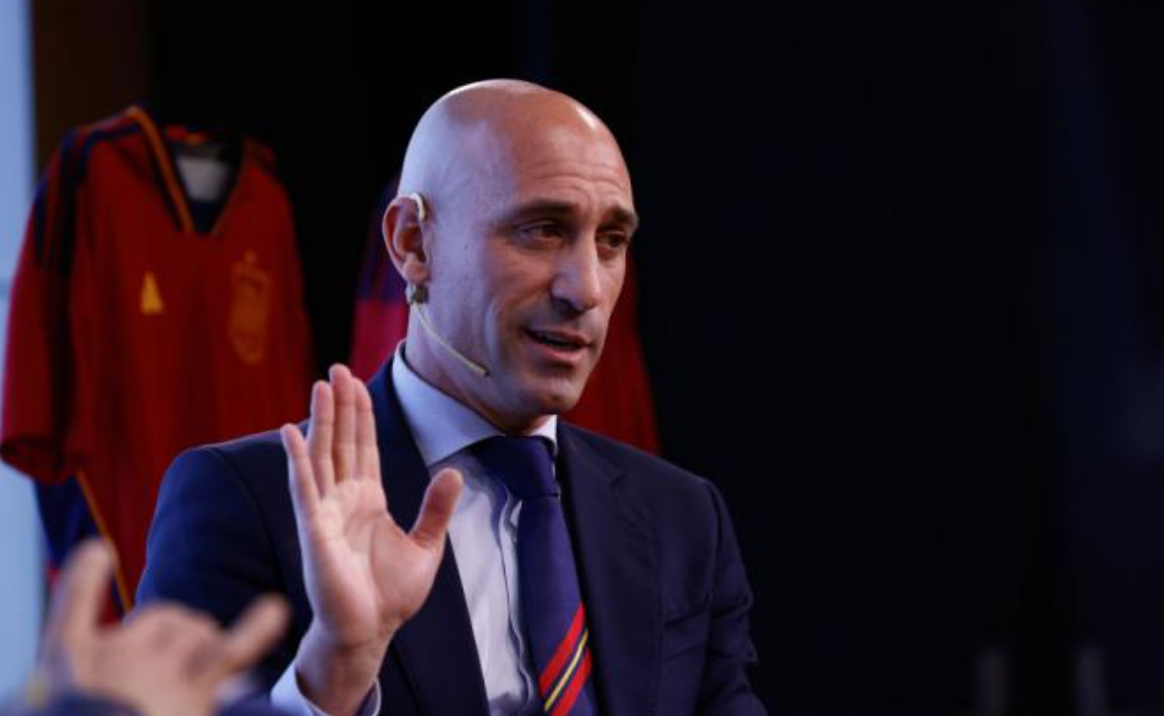On Aug. 20, Spain won the Women’s World Cup, but the president of the Royal Spanish Football Federation, Luis Rubiales, came under suspension by FIFA after the nation’s Sunday victory when he appeared to have forcibly kissed Jenni Hermoso in a viral video.
“It is very awkward,” Julie Koh (10), girls varsity soccer player, said. “I do not think any of the players would be forgiving of Rubiales – even in one of the celebration videos after they won the World Cup, he wasn’t invited to celebrate with them because of his sexual behaviors. After all, they are a women’s soccer team, not any other.”
Hermoso initially expressed her discomfort with the situation on a live stream video taken in the locker room. However, since the livestream video caused many fans to criticize Rubiales, Hermoso switched her perspective and defended Rubiales, stating that he was only showing a “natural gesture of affection and gratitude.”
Even though Hermoso defended Rubiales, it failed to assure fans. Many fans have claimed that Rubiales was seen entering the women’s dressing room and also joked about marrying Hermoso in Ibiza along with the entire team after the trophy lift. However, this information is not corroborated.
Rubiales initially called critics “idiots” but later apologized on behalf of his actions in a video on Monday. He also apologized for the unpleasant experience that may have affected the celebration of the historical achievement for the team and the country. Despite his apology, Rubiales insisted that he would remain as president of the Spanish Football Federation.
“If a player is feeling uncomfortable, I would recommend consulting with her teammates on how to navigate the power dynamics that might exist between players and authority figures,” Niko Lambert, girls soccer varsity coach, said.
This is not the first time women have experienced uncomfortable situations in sports. The US Center for SafeSport surveyed 4,000 women athletes across 50 sports to calculate the commonality of sexual assault in women’s sports. The results show that 93 percent of the respondents experienced sexual harassment or unwanted contact.


